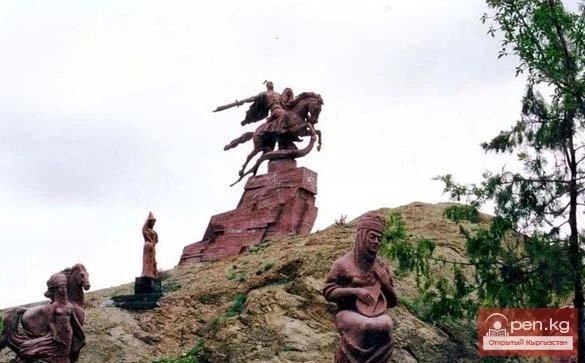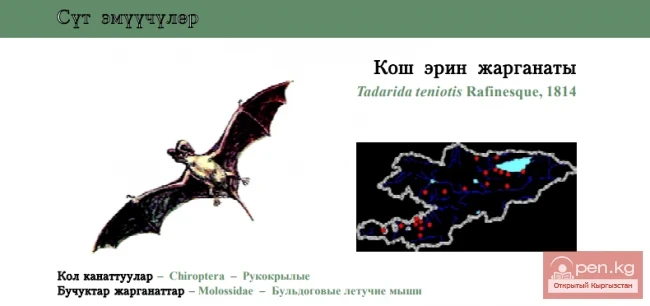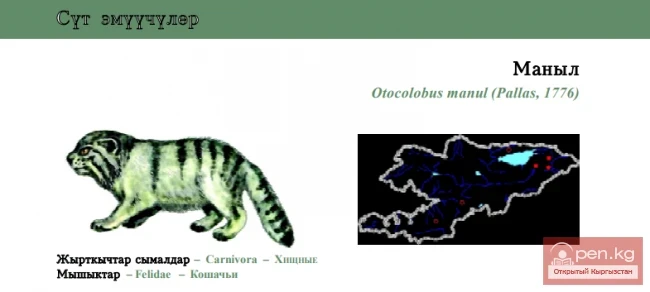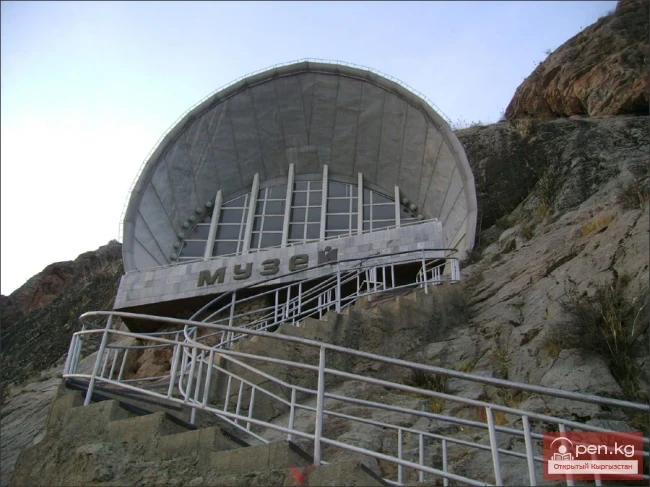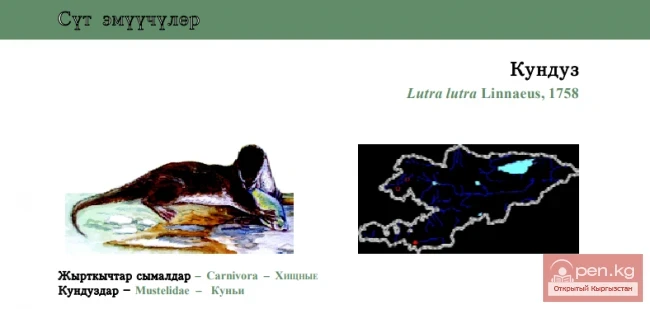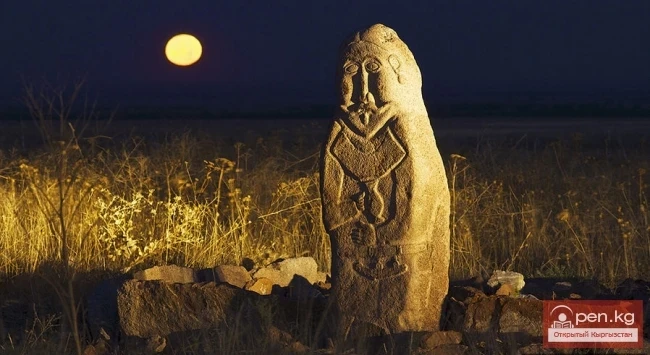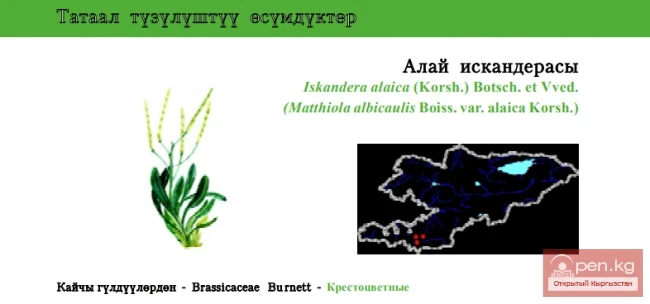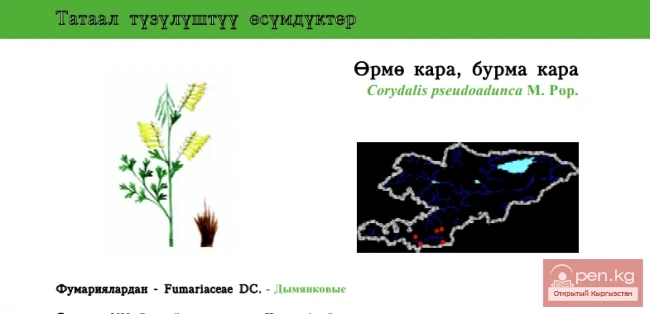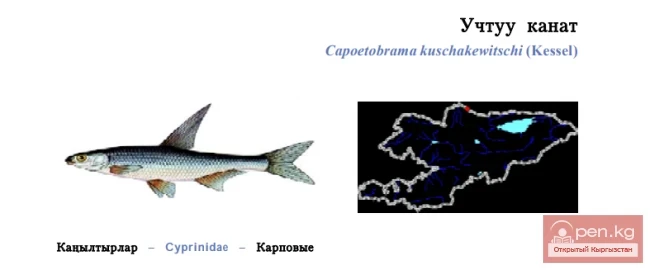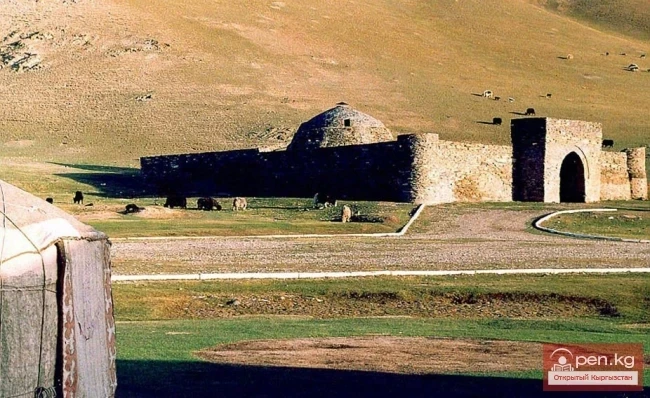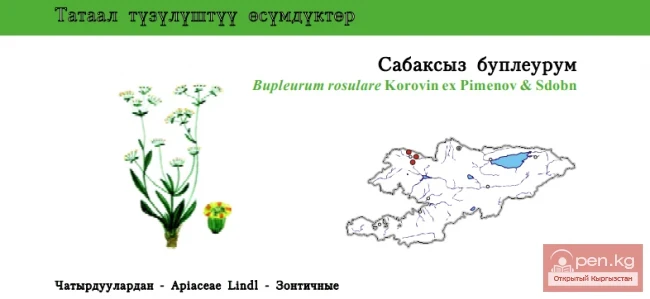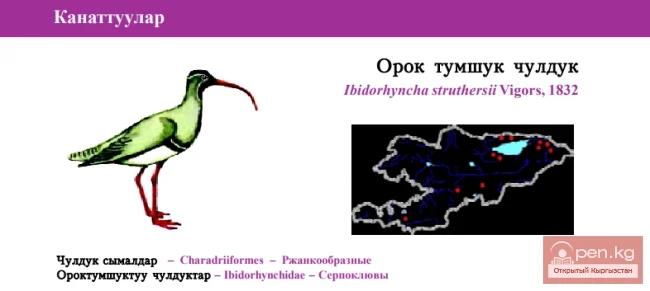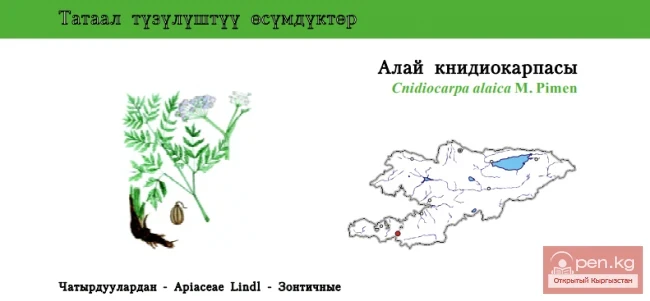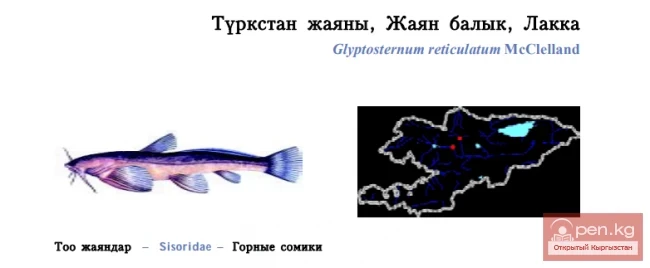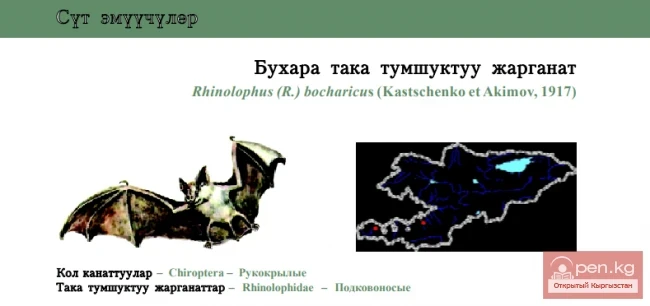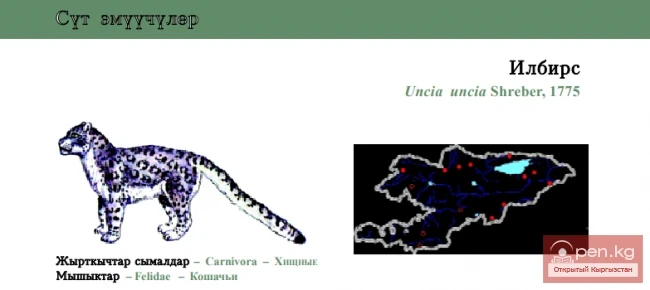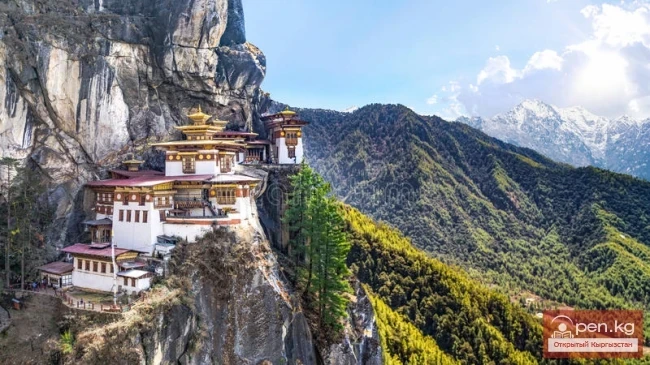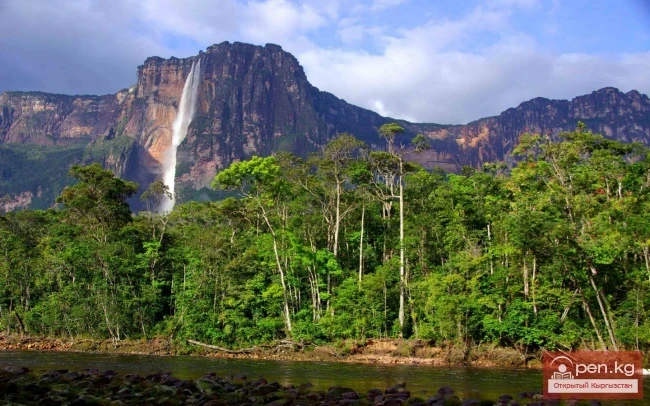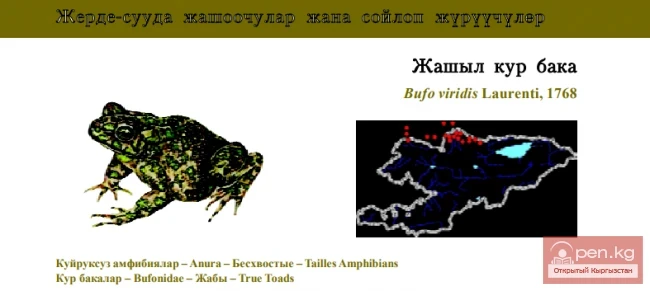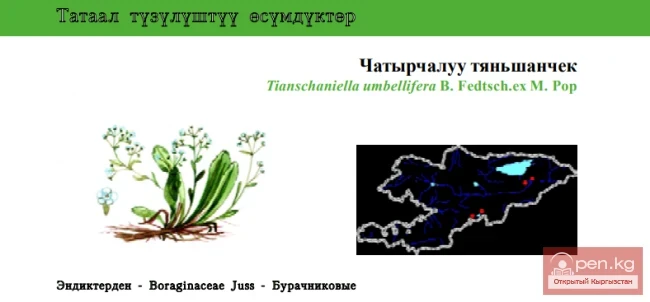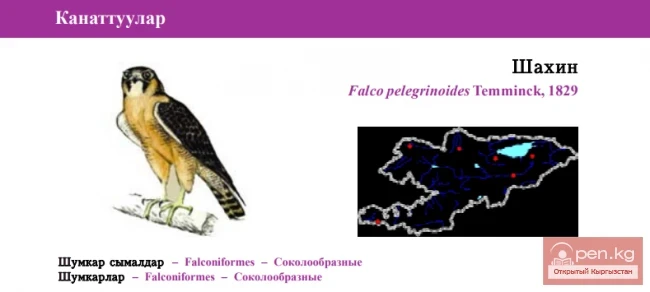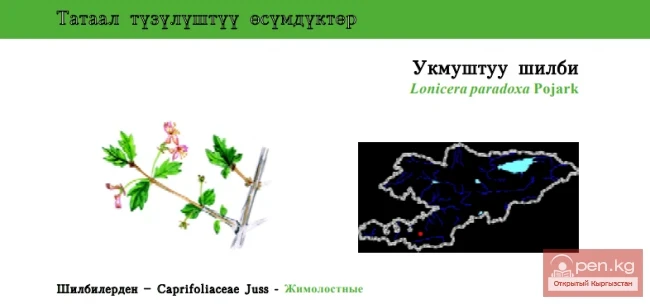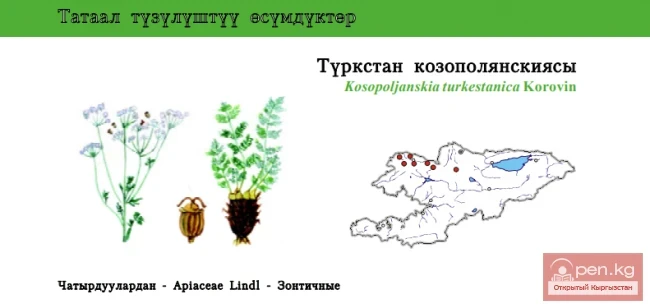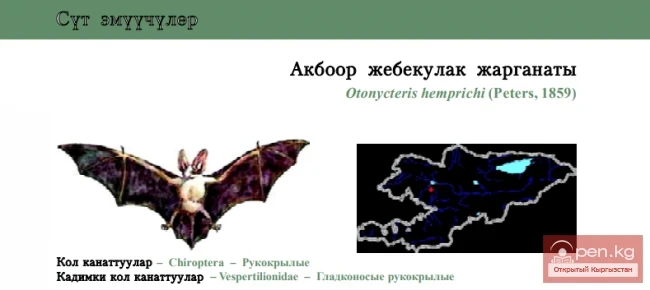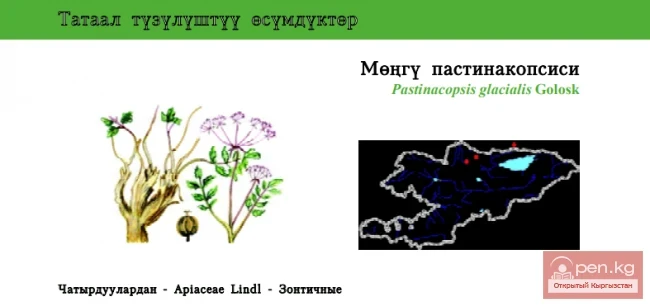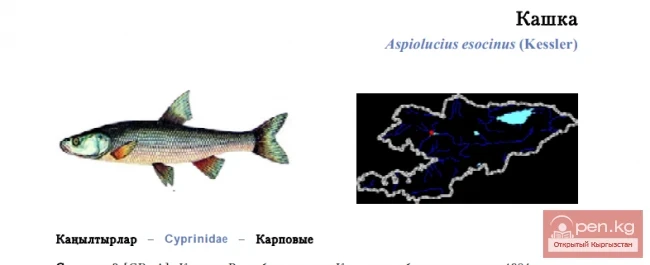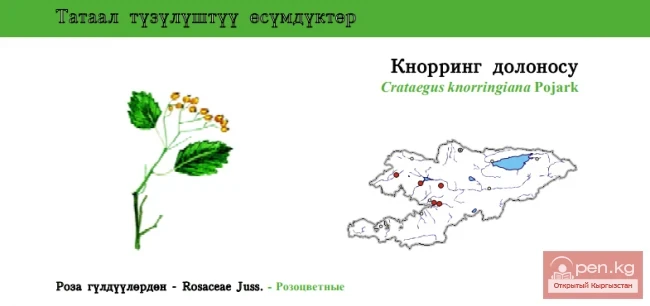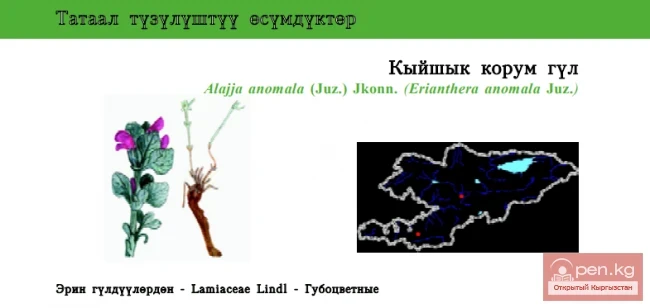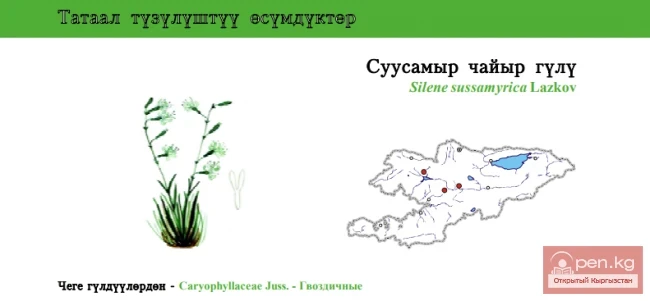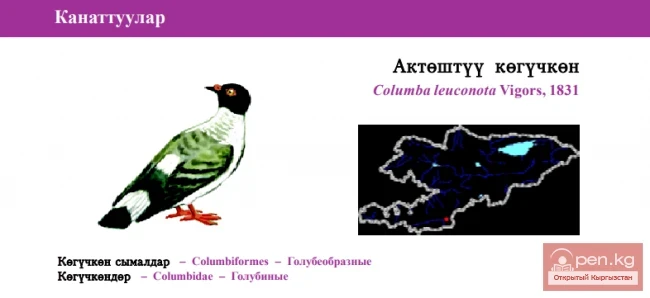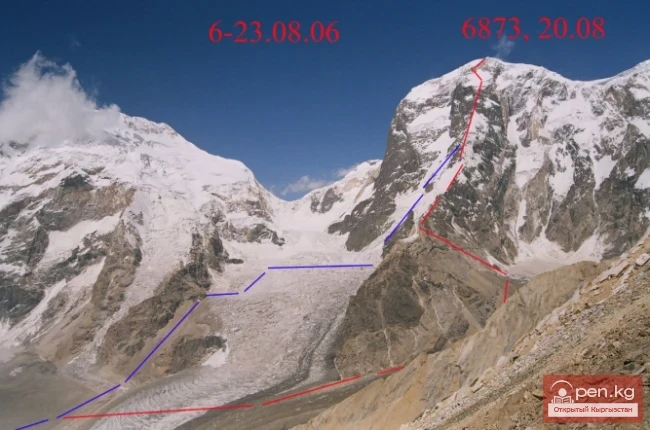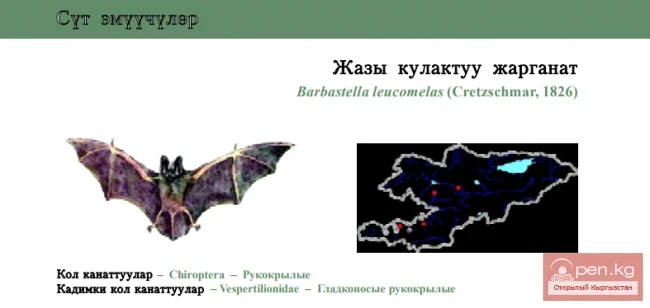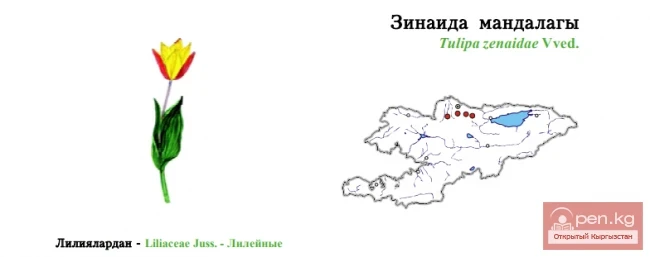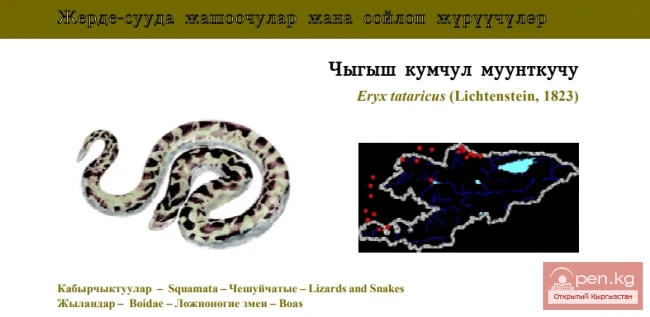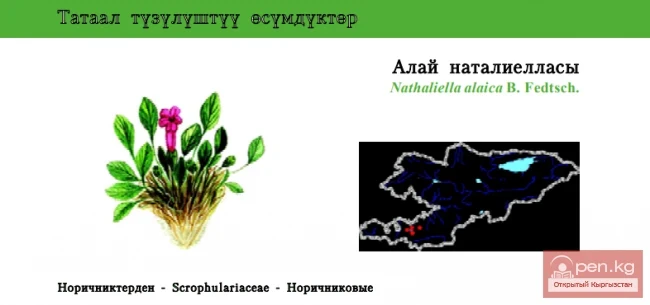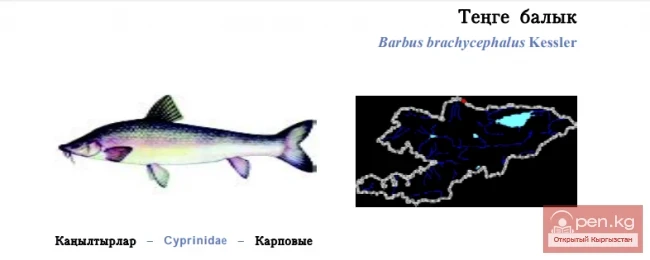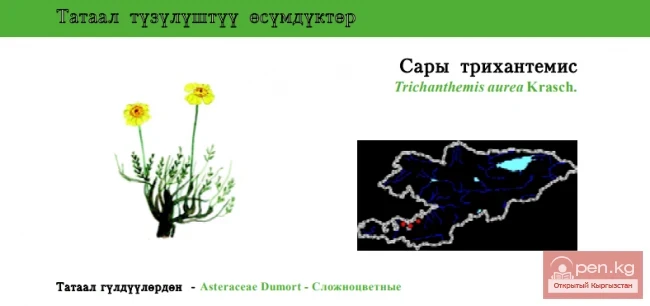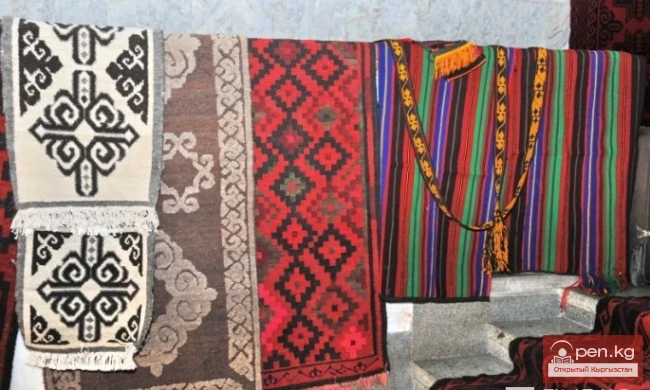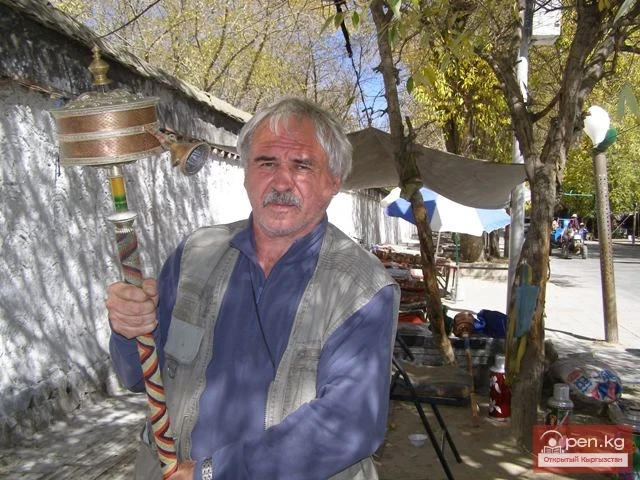
Since childhood, I have loved traveling. I was born in Aravan - a picturesque village in the south of Kyrgyzstan, among hills, rocky mountains, and cotton fields. In May, the hills were covered with a colorful carpet of grass and wildflowers. It was the most beautiful time of the year. A small river flowed through the village. In spring, when the snow melted in the mountains, it turned into a raging torrent. A furious mix of water, clay, and sand leaped onto the stone-lined banks. The river came from the direction where the snowy peaks of Alai were visible on the horizon. Beyond them lay an unknown land.
The first peak I conquered was a rocky mountain that we called the Hospital Mountain (there was a hospital nearby). At that time, I thought that the vastness opening from its summit was the whole world. And it was so big and interesting.
When I went to school and learned to read, I realized that the world was not just the space visible from Hospital Mountain. It turns out that beyond the snowy mountains, there are higher and steeper mountains, seas and oceans, rivers and valleys... And many countries and people.
In the library, I asked for books about travel, and the more I learned about the world, the more I dreamed of someday embarking on a journey around the globe.
One day, while returning home, I met a group of strangers who began to ask me about caves. These tourists turned out to be speleologists from Fergana. Of course, I told them about all the caves I had discovered in the surrounding mountains. Thus, a friendship began, and despite my very young age, I became a member of the speleological society. The speleologists took me on their expeditions. I was like a cabin boy on a ship.
The expedition routes passed through Uzbekistan, Tajikistan, Turkmenistan, and Kazakhstan. After school, I graduated from the Institute of Physical Culture, worked in sports and tourism, and traveled around the country. However, the dream of serious travels still remained a dream. Moreover, I realized that making it happen would not be easy, and mere desire was not enough. To go abroad, I needed a foreign passport, an exit visa, visas for the countries I wanted to visit, a lot of money, and much more that I did not have...
After the collapse of the Soviet Union, my dream seemed to dissolve in the chaos of events. But gradually, the wind of freedom that had begun to blow brought hope for change, making the dream a reality. At the end of the last century, I had what seemed at first a rather unrealistic idea to create a commercial organization - the International Center for Travel. In short, the idea was to attract foreign tourists to Kyrgyzstan, come up with interesting programs for them, create good service conditions, and thus earn money to travel the world myself. Implementing the idea turned out to be not easy. Nevertheless, in the end, everything worked out.
Today, the company "International Center for Travel 'Mountains of Asia'" is one of the most well-known in Central Asia and has partners in more than thirty countries around the world.
Three years after the center was established, we earned our first free money, which I began to invest without the slightest regret - and continue to do so to this day - in travel. I am convinced that no other activity or hobby can compare to what we do.
Twenty years have passed since I first ventured abroad, crossing the borders of my beloved Kyrgyz land. I have visited 40 countries. There are just over two hundred people on the planet, but that does not mean that I have only covered 20 percent of the journey. It is not so. Some states are enormous: China, Russia, India, the USA... And if viewed from this perspective, I have managed to see half of the globe. Moreover, the geography of my travels is such that if, say, I start from Kyrgyzstan and move west or east from country to country, it results in... a round-the-world trip.
I made this discovery quite unexpectedly when I decided to plot the routes of my travels on a world map. It turned out to be a very broken, yet continuous line around the entire globe.
We dedicated a lot of time to the countries of the Middle East - where, in my deep conviction, lies the cradle of human civilization, and delved into the countries of Western Europe, China, India, and the United States of America.
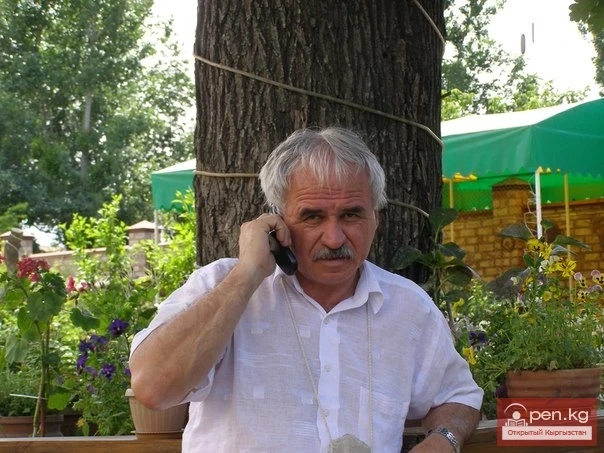
All these travels are reflected in my previously published books "Beyond the Horizon of Dreams" and "New Horizon".
In the new travel book, essays from the last five years (2006-2010) are collected. It contains stories about visits to the Middle East, South America, Southern Africa, and Southeast Asia.
I want to say that my understanding of travel differs somewhat from conventional tourist trips. I found like-minded people. In implementing our projects, we did not use the services of travel agencies, and not only because we are tour operators ourselves. Everything that is offered by agencies are well-worn and completely uninteresting, easily organized routes, devoid of real life.
We develop routes for ourselves and choose the format of travel. Our tour package has no place for entertainment, beaches, shops, or well-trodden excursions... Our travels are swift. The main distinguishing feature is the complete absence of any artificiality, especially regarding national cuisine and artistic culture. The tour package we offer to the tour operator is a natural product, without artificial "additives" and "colorings". Exploration, touch, penetration, and immersion - that is the energy that fuels our programs.
As for the narrative component of the route, it is not limited to a collection of monuments and unique natural objects. Sometimes the journey is based on historical events or legends. For example, about the location of Shambhala, which we sought in Tibet, or the fate of the ancient Persian capital Persepolis, which we explored while traveling through Iran.
Of course, this is not always possible to implement fully. Nevertheless, the volume of research conducted is often such that one could write doctoral dissertations.
To better understand what I am talking about, let’s take a classic tourist trip as a reference point. Usually, if you look at it schematically, it looks like this: arrived, settled in, ate at a restaurant, here’s the beach, here’s the mountain, here’s the excursion program. We went on an excursion: look to the left, here lived such and such a figure, look to the right, this building was built in such and such a year.
From such a trip, one often leaves with a feeling of some kind of over-familiarity and stereotypicality. Even behind every word of the guide, his gesture, or expression, one can see a rehearsed program aimed at the tourist mass, which in most cases does not delve into the content of the excursions.
For me personally, travels are not just an acquaintance with something new, but rather a process of cognition, an opportunity to look deeper into everyday things. In my youth, I sincerely believed in what I saw on television or read in books and magazines. Remembering this during my travels, I was once again convinced that most of our opinions and judgments are based on a fundamental lack of knowledge. It is easy to believe in what one has never seen in person. Traveling not only allows you to learn something new for yourself but also to rethink already formed ideas. Nothing destroys human prejudices like the discovery of new countries, cultures, and peoples.
Having spent many years organizing tourism, I have come to the conclusion that traveling through the countries of the world provides not only impressions of a purely cognitive nature. They radically change perceptions of the world, allow for a deeper understanding of oneself, and at the same time reveal many new opportunities for tourism development in one’s own country. This is a crucial stimulus for further development and improvement of one’s own business, a reason for a necessary look at one’s own level of development, and the formation of an objective self-assessment.
The experience accumulated by countries in organizing tourism is an invaluable exhibition platform, a collection of knowledge, unconventional solutions that we are already using in one form or another and will continue to use in the future.
A well-organized trip allows one to see the country differently, its role in history, the development of civilizations, and helps to understand the true meaning of the words "unity in diversity".
Traveling is also an opportunity to look beyond the visible spaces of reality, to catch the connection between yourself, nature, the planet of people, and the infinite Universe.
I have chosen this path, and fate has so far been kind to me. It continues to throw new exciting ideas for travels my way. And now I have only one problem - the problem of time, which flows as swiftly as the water of our Tian Shan rivers.

